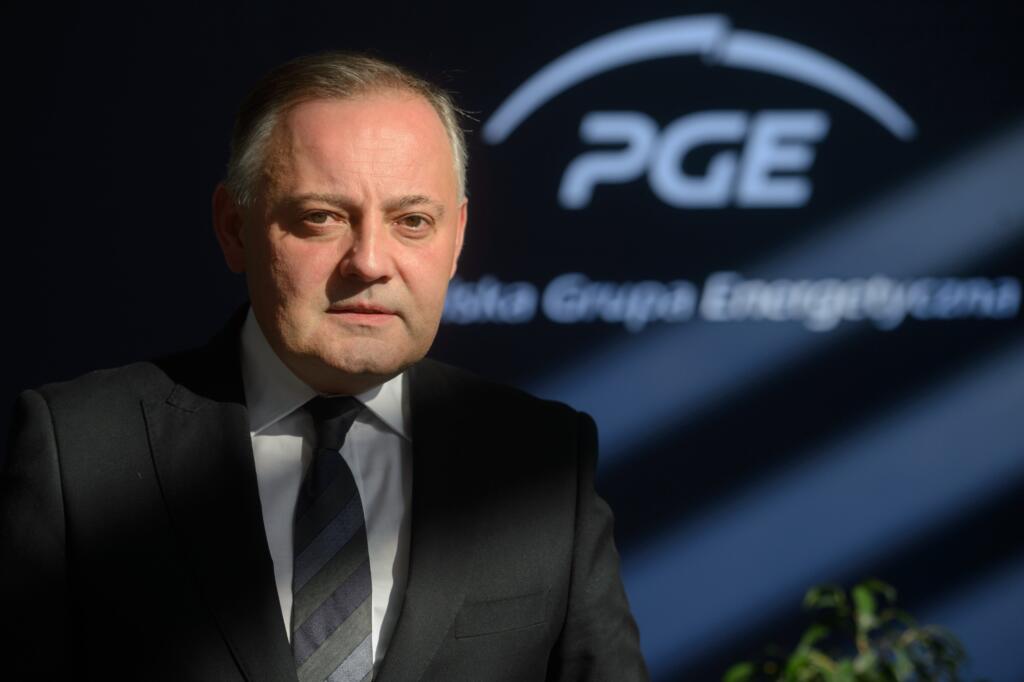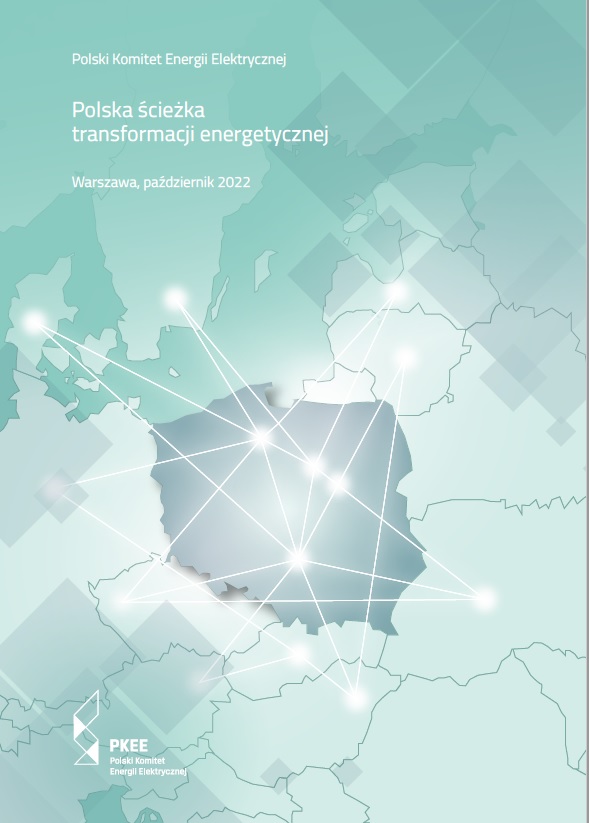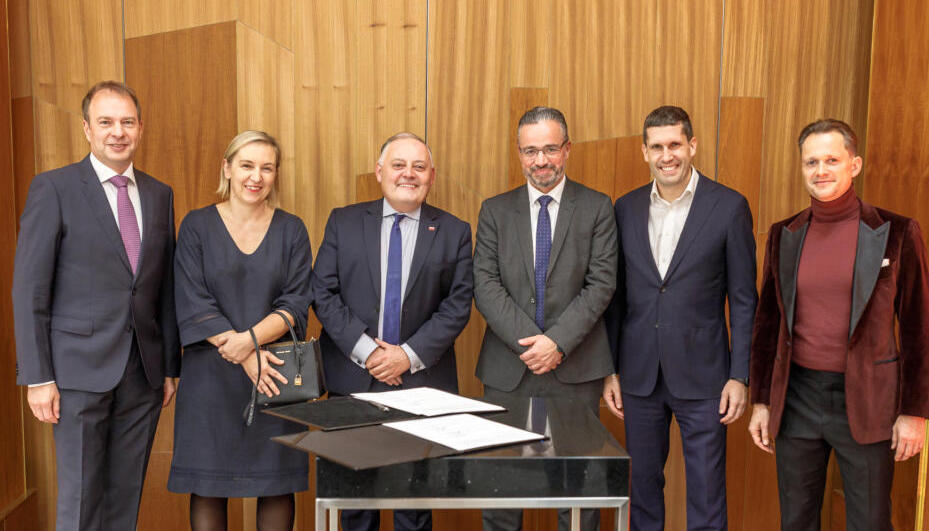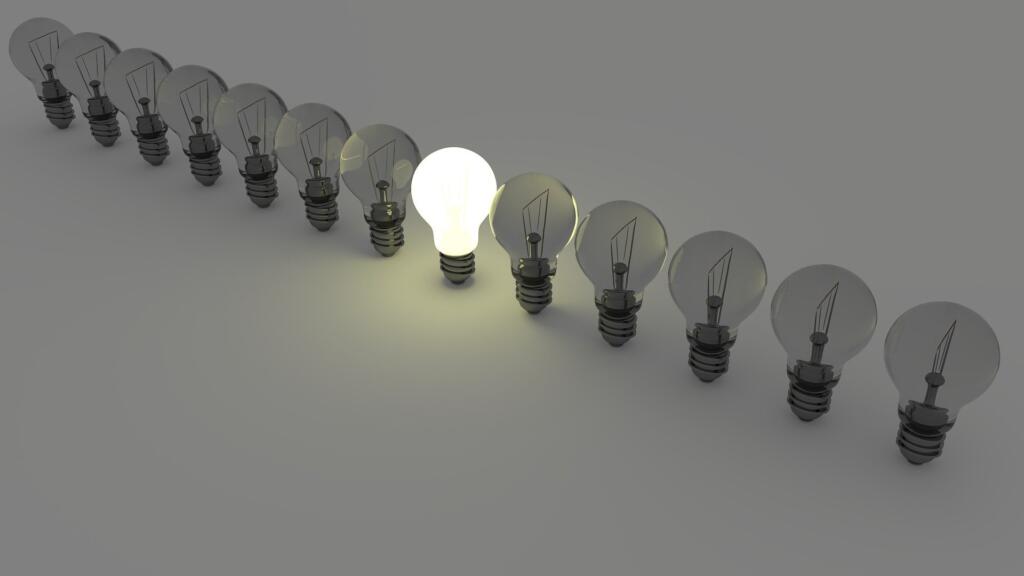Comments from the President of the PKEE Governing Board on the ERO tariffs for 2023

Today's decision by the President of the Energy Regulatory Office regarding the sale of electricity in the G tariff for households for 2023 will not have a significant impact on the net price of electricity for most households in Poland.
Polish Energy Transition Path - the latest EY and PKEE report

The presentation of the achievements of the Polish energy sector and the presentation of the industry's plans for the coming years are the main issues raised in the report 'Poland's Energy Transformation Path'. It shows, among other things, that the outlays for the transformation of the Polish energy sector, taking into account protective measures, could amount to as much as EUR 135 billion by 2030. The comprehensive analysis was prepared by EY on behalf of [...]
AGM 22.12.2022
zarchiwizowano 23.12.2022
PKEE: Central and Eastern Europe Energy Forum

The Central and Eastern European Energy Forum organised by the Polish Electricity Committee concluded in Warsaw. The topics discussed were issues of energy security in the region. - We are currently witnessing the biggest energy crisis in 70 years, caused by the dependence of European countries on energy resources from Russia. It is the countries of our region that have been warning for years that this is a very short-sighted policy [...]
What is the future of the EU’s energy sector?

Discussing the issues surrounding the challenges and costs of the energy transition was the focus of a debate organised by Euractiv in collaboration with the Polish Electricity Committee (PKEE). The event, attended by EU decision-makers and representatives of energy sector associations as well as leading think tanks, took place on 25 October 2022 in Brussels. Opening the meeting was Wojciech Dąbrowski, President of the [...]
PKEE and EY Report: Polish Energy Transition Path

The Polish Electricity Committee (PKEE), whose supporting members are the largest Polish companies and industry organisations in the electricity sector, has prepared a report to present Poland's achievements in the energy transition. A secondary objective of the report is to provide an overview of the scale of challenges facing the power sector in Poland resulting from the implementation of EU and Polish climate and energy policies, and to indicate the impact of market destabilisation on [...]
PKEE campaign launches against Russian disinformation in the energy sector

Przed zbliżającą się zimą, wychodząc naprzeciw fali rosyjskiej dezinformacji, rusza ogólnopolska kampania edukacyjno-informacyjna Polskiego Komitetu Energii Elektrycznej „Walczymy o Polską Niezależność”. – Naszą odpowiedzią na propagandę Kremla jest merytoryczna wiedza o energii, o przyczynach wzrostu cen oraz o tym co robi nie tylko polski rząd, ale również sektor energetyczny by chronić Polaków przed wysokimi cenami […]
Energy price determination on the Commodity Exchange, or how the marginal price mechanism works

Zgodnie z prawem wyprodukowana energia elektryczna powinna być sprzedawana na giełdzie energii (nie licząc ustawowych wyjątków). Handel hurtowy odbywa się na rynku terminowym oraz spotowym, na którym ceny są wyznaczane w odniesieniu do ceny oferowanej przez najdroższą jednostkę wytwórczą pokrywającą zapotrzebowanie w danym momencie (tzw. „cenę krańcową”). Aktualna cena rynkowa ma wpływ na cenę oferowaną […]
Energy price formation mechanisms

Ceny energii elektrycznej na polskim i europejskim rynku są kształtowane zgodnie z mechanizmami rynkowymi, ściśle określonymi w przepisach obowiązującego prawa. Wysokość hurtowych cen energii, po których kupują ją sprzedawcy, pozostaje pod presją wysokich cen gazu i węgla oraz kosztów zakupu uprawnień do emisji CO2. W konsekwencji firmy sprzedające prąd gospodarstwom domowym i gospodarce mają bardzo ograniczony […]
IBRiS survey results: Poles only think they know which devices in their home consume the most electricity

Klimatyzacja, płyta indukcyjna, czajnik i piekarnik to urządzenia, które według Polaków zużywają najwięcej prądu. Pokazują to wyniki badania przeprowadzonego przez IBRiS dla Polskiego Komitetu Energii Elektrycznej. Tymczasem rankingi domowych urządzeń pobierających najwięcej prądu pokazują dużą rozbieżność pomiędzy deklaracjami, a rzeczywistością. Czy w takiej sytuacji jesteśmy w stanie faktycznie oszczędzać prąd? Podczas okresu letniego zużycie energii elektrycznej […]
